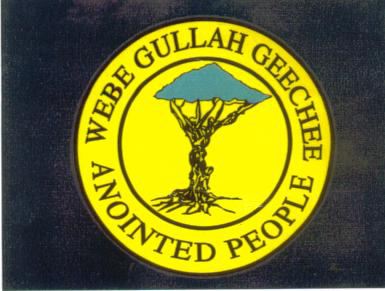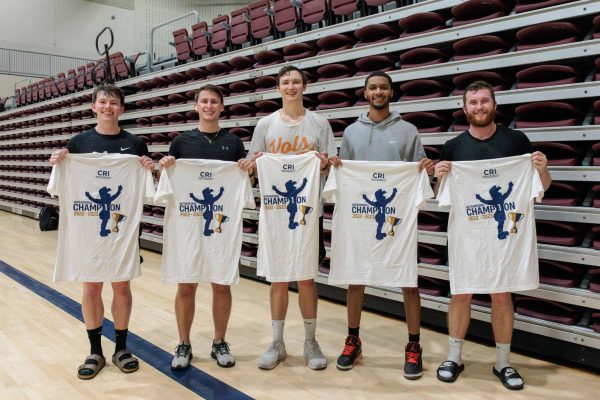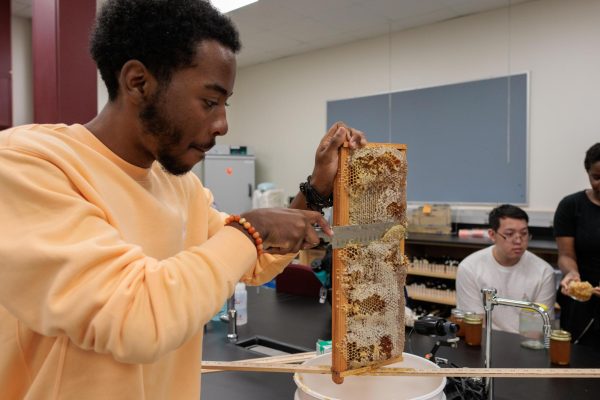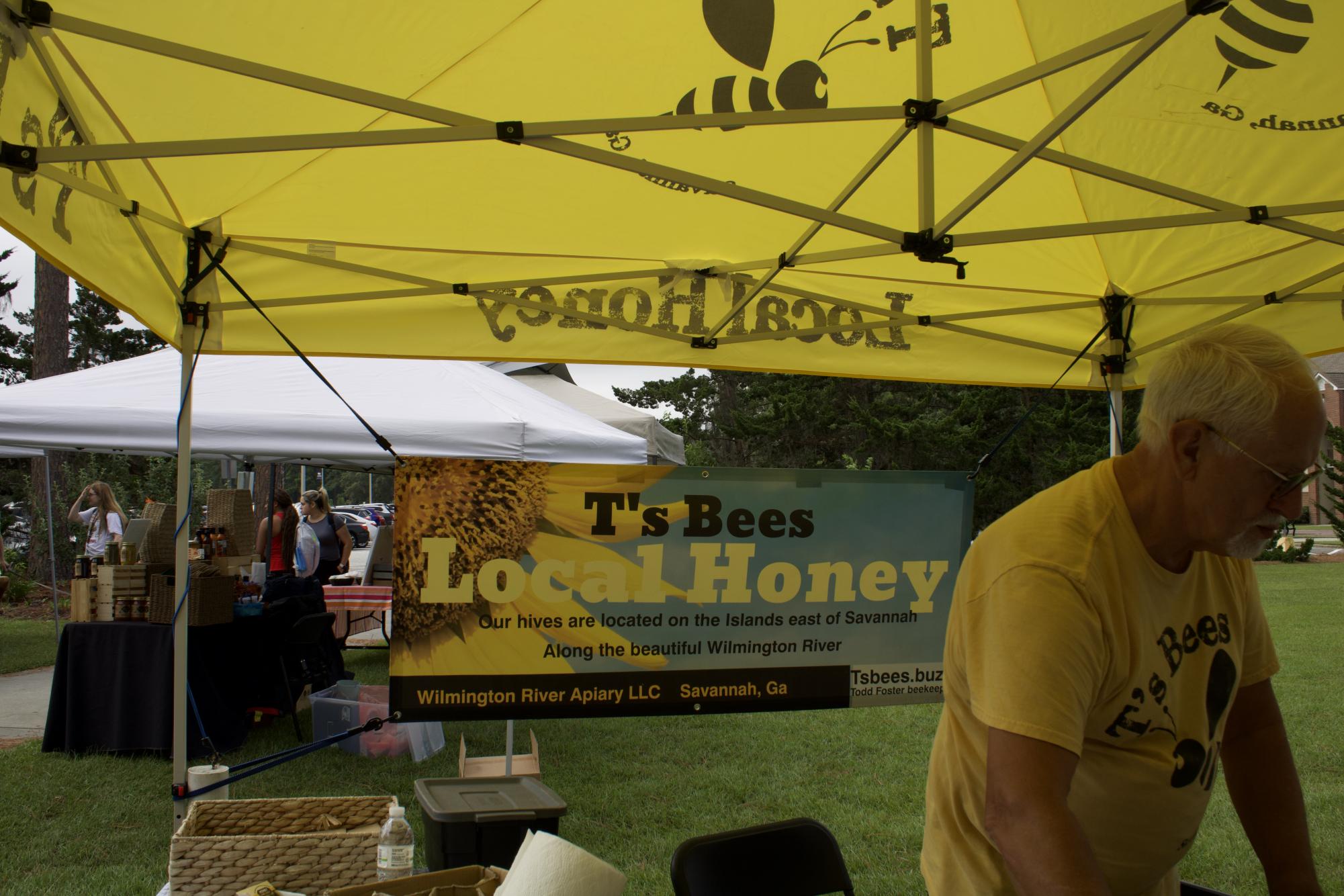Gullah Geechee in the Written Word

The Gullah Geechee culture is a very vibrant one, but how is being represented? Dr. Amir-Jamal Touré, as well as being a professor here at GSU, is also renowned for being part of the Gullah Geechee Cultural Heritage Center. When asked what books best represented the culture, he gave a long list that includes synopses from Google Books:
Africanisms in the Gullah Dialect by Lorenzo Dow Turner: Considered by many to be “The first–and still most important–book on Gullah language.”
The Gullah People and their African Heritage by William S. Pollitzer: “This landmark volume tells a multifaceted story of this venerable society, emphasizing its roots in Africa, its unique imprint on America, and current threats to its survival.”
A Peculiar People: Slave Religion and Community-Culture Among the Gullahs by Margaret Washington Creel: “A historical analysis of the Gullahs of South Carolina, and an imaginative and suggestive treatment of slave religion and social cohesion, examines the components that provided the Sea Island slave population with their cultural autonomy and sense of consciousness. The elements of community, religion, and resistance are examined in relationship to this unique people.”
The Legacy of Ibo Landing- Marquetta L. Goodwine, editor: “A collection of essays, stories, recipes, and paintings by and about the Gullah culture, its contribution to American society, and the threats to its continued survival.”
When Roots Die by Patricia Jones-Jackson: “Celebrates and preserves the venerable Gullah culture of the Sea Islands of the South Carolina and Georgia coast. Entering into communities long isolated from the world by a blazing sun and salt marshes, Patricia Jones-Jackson captures the cadence of the storyteller lost in the adventures of “Brer Rabbit,” records voices lifted in song or prayer, and describes folkways and beliefs that have endured, through ocean voyage and human bondage, for more than two hundred years.”
WEBE Gullah Geechee Cultural Capital & Collaboration Anthology by Queen Quet, Chieftess of the Gullah Geechee Nation: “This historic work details interdisciplinary research within the Gullah Geechee Nation. Ethnography, anthropology, science, history, and literary contributions and analysis all come to life within these pages. This book not only provides the history of the evolution of the Gullah Geechee culture, but also focuses on the issues of leveraging cultural capital in the current human rights movement of the Gullah Geechee Nation. This anthology tells the living story of the Gullah Geechee.”
W.W. Law and His People by Dr. Charles Lwanga Hoskins: “A timeline of the history and experience of African Americans in Savannah, including biographical sketches of prominent individuals with a focus on the life of Westley Wallace Law. It outlines “the socio-economic, legal and political contexts” impacting life in Savannah for African Americans.”
History of the First African Baptist Church, from Its Organization, January 10th, 1788, to July 1st, 1888 by Emmanuel King Love
Reminiscences of My Life in Camp: An African American Woman’s Civil War Memoir by Susie King Taylor: “Written from a perspective unique in the literature of the Civil War, Reminiscences of My Life in Camp not only chronicles daily life on the battlefront but also records interactions between blacks and whites, men and women, and Northerners and Southerners during and after the war.”
Knowledge is power. By taking the opportunity to listen to the voices, to learn about their history and their culture, we can perhaps experience one of Dr. Toure’s most cherished beliefs: We are, all of us, Gullah Geechee.








